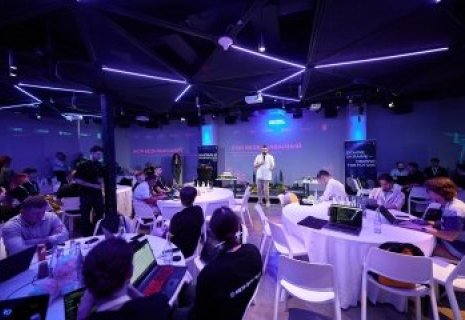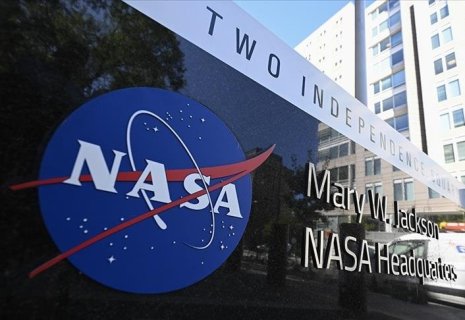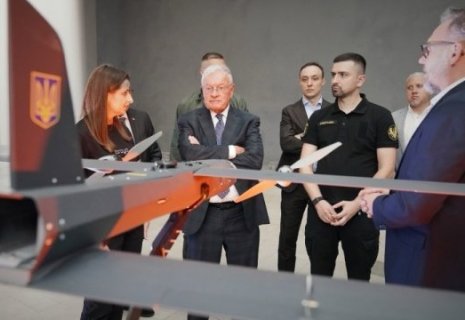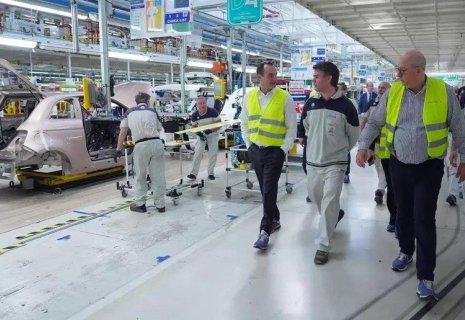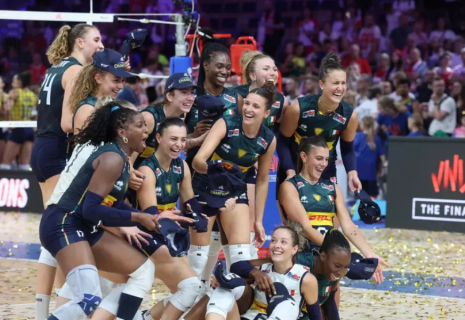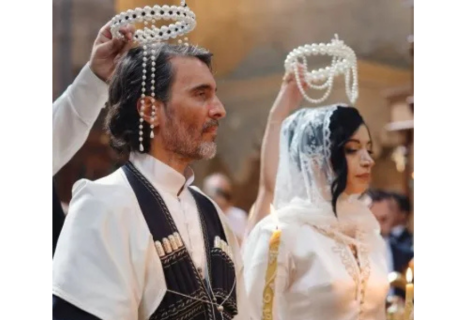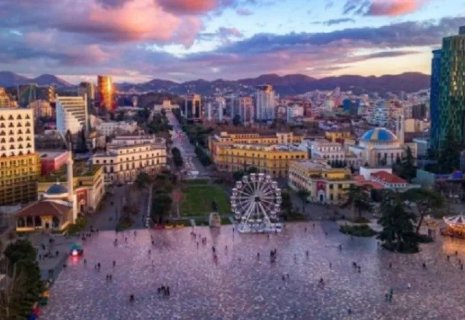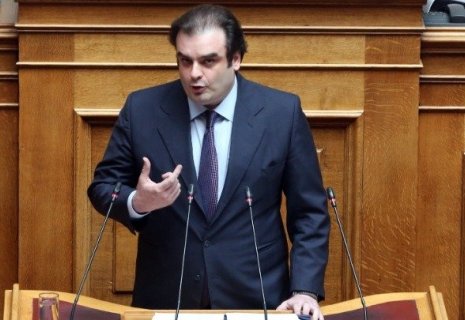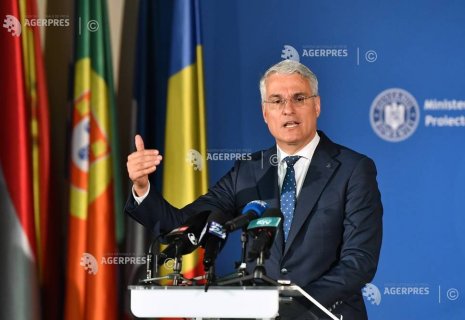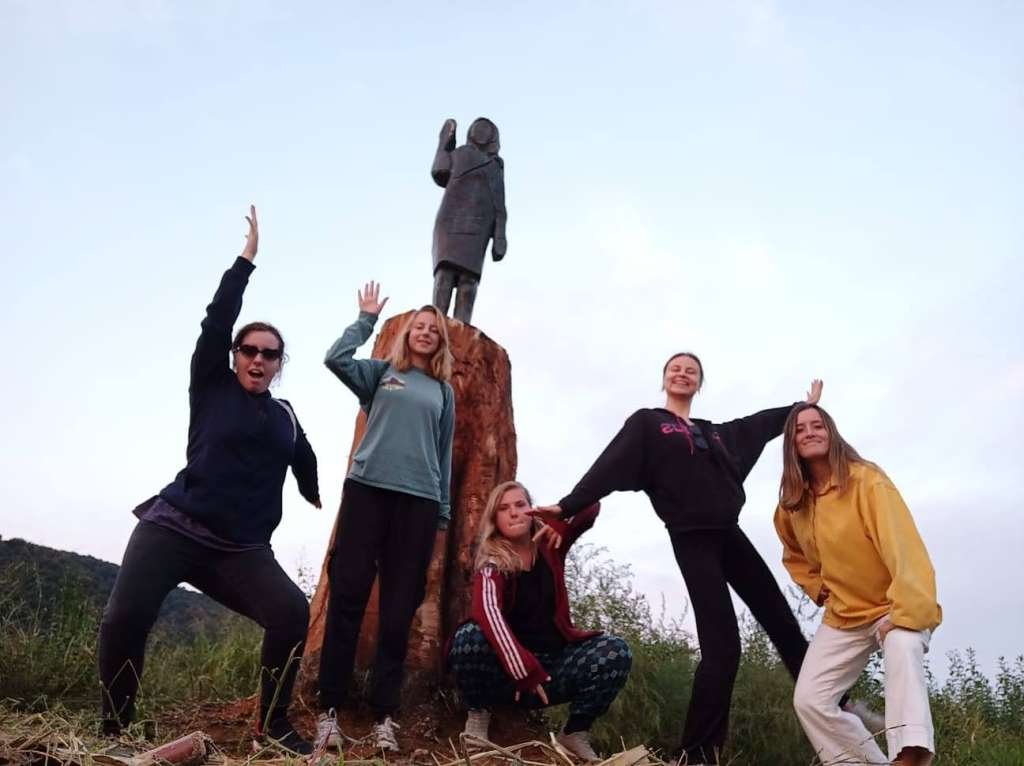
Bosnia’s students share how Erasmus+ redefined their future
International exchanges have for decades represented a powerful tool for strengthening European cooperation, educational mobility, and cultural connection. Through various forms of participation—from study stays and professional internships in European countries to intensive programs and volunteer engagements—thousands of young people gain valuable experiences, build confidence, develop intercultural competencies, and push their personal boundaries, CE Report quotes FENA.
At the Faculty of Humanities and Social Sciences of the University of Mostar, around twenty students participate in Erasmus+ exchanges each year. Although this number shows continuity, many potentials remain untapped. That’s why students who have previously taken part in these programs are increasingly speaking out, sharing their experiences, and encouraging peers to take advantage of the opportunities offered by the European educational space.
One of them is journalism student Zerina Oručević, who had her first international experience through the European Solidarity Corps—a program aimed at volunteering and working on socially beneficial projects. In the midst of the pandemic, she received an invitation from Luksuz Production in Krško, Slovenia, where she spent several months working in a creative collective.
"I didn’t even know exactly what the European Solidarity Corps was, but I decided to go. Classes were online, and I thought—why not? In the end, I stayed longer than planned because I connected with the community. Through workshops with young people on film and visual media, I realized how such exchanges benefit both me and the local community," Zerina Oručević told FENA.
She adds that the experience was crucial not only for her professional development as a future media worker, but also for her personal growth.
"I learned what it means to serve the community, I developed digital skills, met wonderful people, and gained a better understanding of why European solidarity matters," she says, emphasizing that her time in Slovenia shaped her path forward and confirmed her desire to work in media and culture, particularly through visual arts and film.
A Life School
Zerina later participated in a Blended Intensive Programme as part of Erasmus+, a short but intense international meeting held at the University of Paderborn in Germany, where she took part in a Model United Nations simulation.
"It was one of the most interesting experiences—from the bus trip from Mostar to the simulation of diplomatic negotiations and meeting colleagues from all over the world. I was fascinated by the size of the university, but also by the concept of ecological mobility. We even received an additional allowance because we used a sustainable mode of transport," Oručević recalls.
Her experiences demonstrate how such programs contribute to understanding Europe, its values, and diversity.
"When you talk to young Slovenians or students from other countries on exchange, you begin to better understand how European integration can improve society," she points out.
The same mindset is shared by Hrvoje Vasilj, a student of English and Italian, who spent six months in Valencia.
"Erasmus helped me become more independent, better handle unfamiliar situations, and meet people from all over Europe. It’s a life school," Hrvoje says, adding that the most important advice for students is not to wait for the perfect moment, because there will always be obstacles.
He describes Valencia as an ideal city for young people—affordable, well-connected, and offering benefits like free public transport for those under 30. He passed two exams there that were recognized by his home faculty, and he also found a study program aligned with the standards of both institutions.
It was especially meaningful for him that he managed to learn the basics of the Spanish language, and after returning to Mostar, he continued learning through a course. He also emphasized the importance of preparation before departure, especially when searching for accommodation, and recommended using safe and verified channels instead of unreliable online listings.
"The first month can be challenging, but once you adapt and start building relationships with other students, everything becomes easier and more fulfilling," he adds.
Pushing Personal Boundaries
To bring the idea of exchange closer to students, the Faculty of Humanities regularly organizes "Erasmus Coffees"—informal sessions with former program participants who share their experiences and practical advice firsthand. Vice Dean for International Cooperation Jelena Jurčić highlights the importance of preparation and openness.
"When a student buys a ticket in a language they don’t understand for the first time, when they manage in an unfamiliar environment—that’s when they develop true intercultural competence. That’s exactly what makes the Erasmus+ experience invaluable," Jurčić says.
In addition, Inja Stojkić from the Office for International Cooperation at the University of Mostar pointed out a new dimension of international integration through the EU Peace university alliance, which brings together nine European partners and opens up further opportunities for students.
"The alliance promotes peace, justice, human rights, and inclusiveness through higher education. Our students can take part in joint projects, workshops, and mobilities that further strengthen their integration into the European educational space," said Stojkić.
"If you want to grow, you have to go beyond your own boundaries," student Zerina Oručević concludes.
"Neither mom nor dad will be there forever. If you want to move forward, you need the courage to step outside your own limits. For me, Erasmus and the European Solidarity Corps weren’t just resume entries—they were experiences that changed the way I see the world, and myself," she concludes.
At a time when Bosnia and Herzegovina is still taking its first steps toward the European Union, such experiences of young people powerfully demonstrate how important exchanges are—not only for individuals but for society as a whole. International collaborations are a call to step toward a more open, self-aware, and strongly connected European identity.

